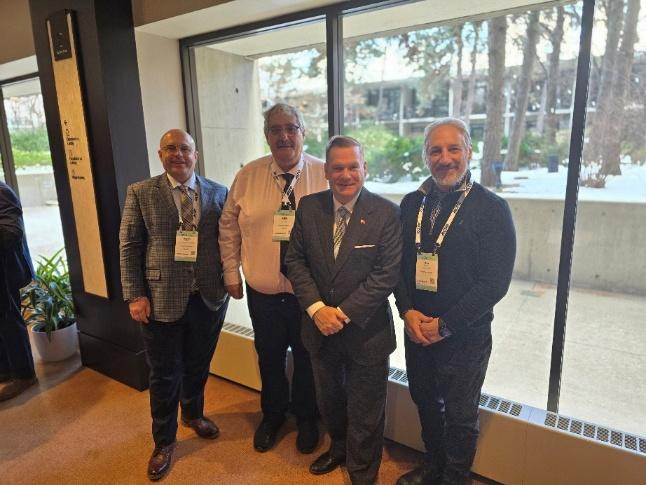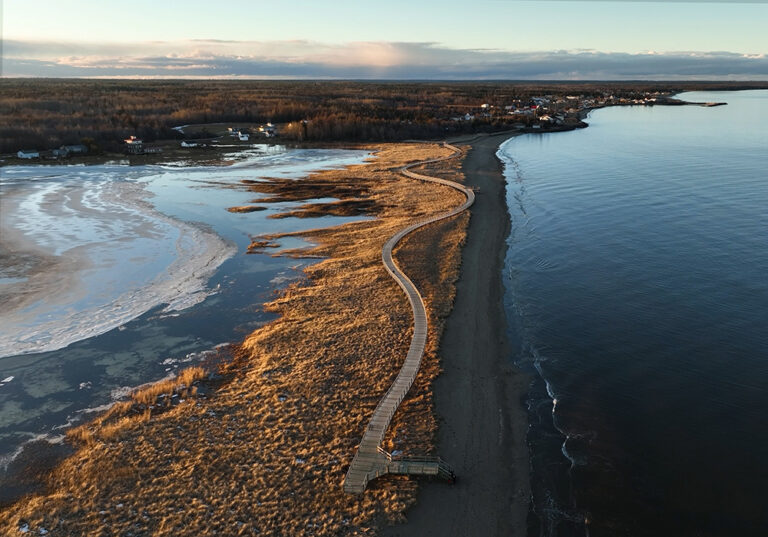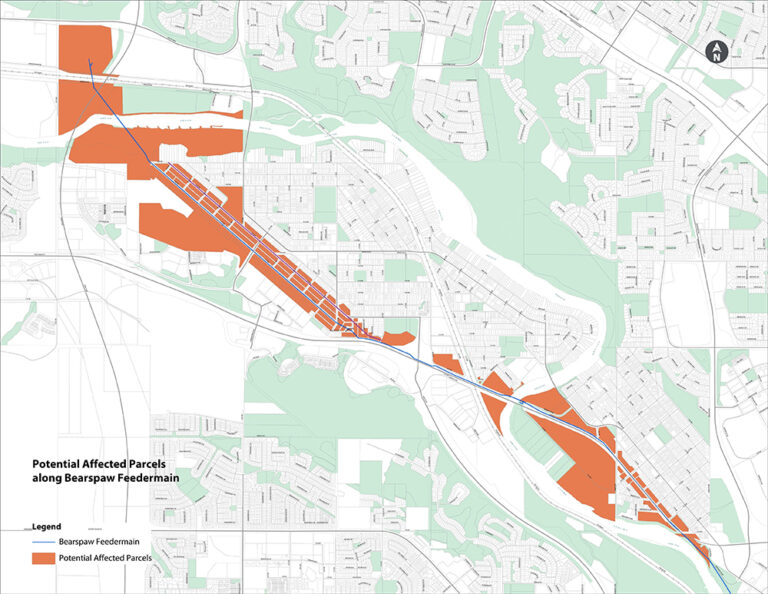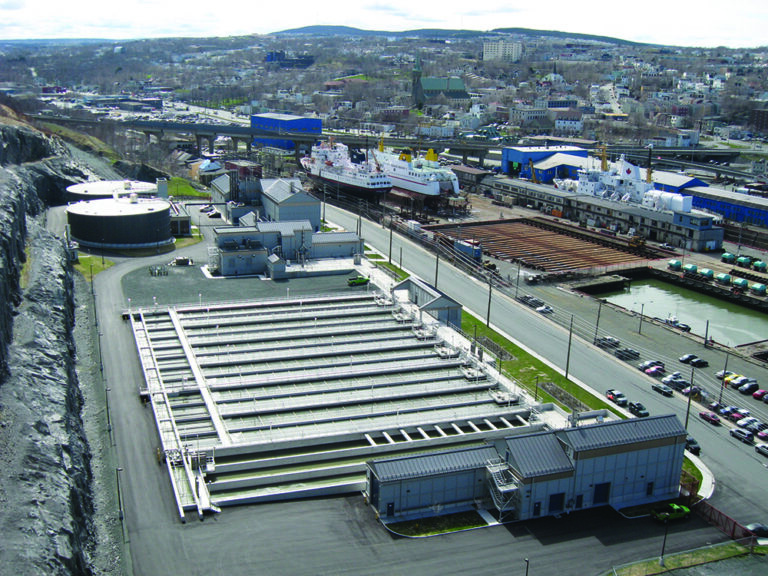The University of Regina has received $8.6 million in federal funding to strengthen research in water protection and environmental sustainability across the Prairies.
The funding supports two new Tier 1 Canada Research Chairs (CRCs) and related infrastructure projects through the Canada Foundation for Innovation (CFI).
Across the Prairie provinces, water resources are facing growing pressures from population growth, land use and climate change. Issues such as harmful algal blooms, rising salinity and pollution from everyday products continue to threaten lakes and rivers that communities, wildlife and industry rely on.
To help address these challenges, Dr. Kerri Finlay has been named Tier 1 Canada Research Chair in Water in a Changing Environment. Her seven-year, $1.4-million CRC will focus on how human activity and climate change affect prairie water systems and on developing solution to protect them.
Building on more than three decades of freshwater research, Finlay and her team will track long-term trends, test ways to reduce water pollution and partner with First Nations and local communities to monitor and manage water resources.
A CFI John R. Evans Leaders Fund grant of $170,176 will support new field and laboratory infrastructure, including a truck, boat and specialized water-quality instruments to enable sampling from more than 100 lakes across southern Saskatchewan.
“I’m excited for the opportunity provided by the Canada Research Chairs program, which will allow us to continue the legacy of strong water science and stewardship in the Prairies,” said Finlay. “We’re eager to explore the complex relationships between water, ecosystems, and communities in a changing landscape.”
While Finlay’s research focuses on protecting water, Dr. Kelvin Tsun Wai Ng is tackling another pressing environmental challenge—solid waste management. Ng has been awarded a Tier 1 Canada Research Chair in Environmental Sustainability to advance data-driven waste management systems suited to Canada’s diverse climates and regions.
His seven-year, $1.4-million CRC will focus on optimizing waste collection and processing systems and training the next generation of researchers and practitioners to help communities—particularly in rural and northern areas—build a more sustainable future.
Ng also received $83,140 from the CFI JELF to establish the Waste Management System Design Laboratory, which will combine advanced computing tools, near-infrared spectrometers and hands-on training to improve how waste is recycled, processed and disposed of.
“Canadians deserve a more sustainable solid waste management system,” said Ng. “This investment from the federal government will help us maintain and strengthen Canada’s global leadership, develop evidence-based waste policy and train future leaders for a knowledge-based economy.”
In addition to the new chairs, the federal funding renews two existing CRCs: Dr. Margot Hurlbert, Tier 1 Canada Research Chair in Climate Change, Energy, and Sustainable Policy ($1.4 million over seven years) and Dr. Omar El-Halfaway, Tier 2 Canada Research Chair in Chemogenomics and Antimicrobial Research ($500,000 over five years). El-Halfawy also received $205,779 from the CFI JELF to support antibacterial research technology.
The university also received $3.24 million through the Research Support Fund to enhance facilities and cybersecurity, $122,826 from the Incremental Project Grant to improve research administration, and $95,328 from the Research Security Fund to strengthen risk management.
Dr. Chris Yost, Vice-President (Research), said the funding reflects the national impact of the university’s work.
“These federal investments recognize the University of Regina’s growing strength in addressing the most pressing health, social and environmental challenges of our time,” said Yost. “Our researchers are pushing the boundaries of knowledge and applying their discoveries to address societal challenges.”










